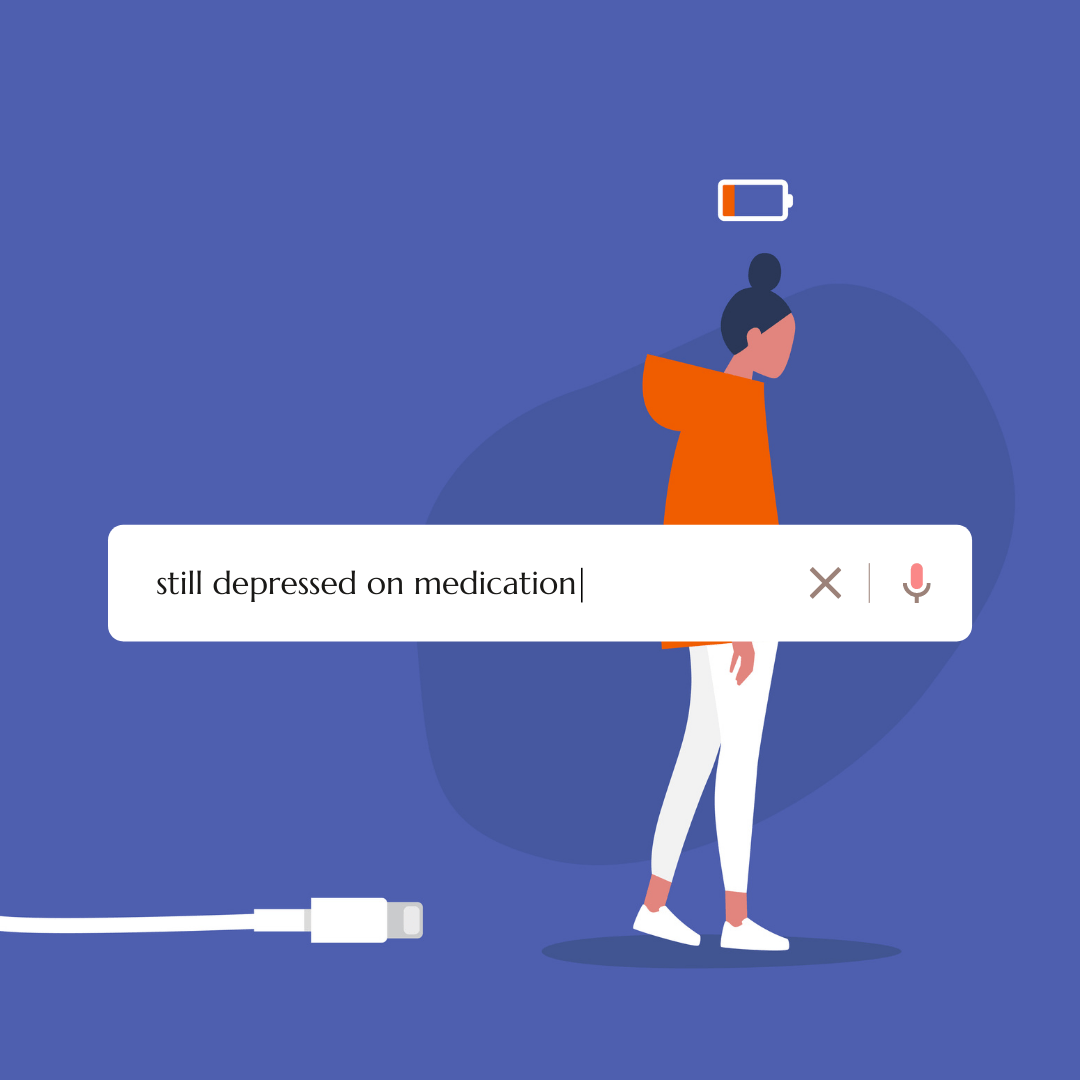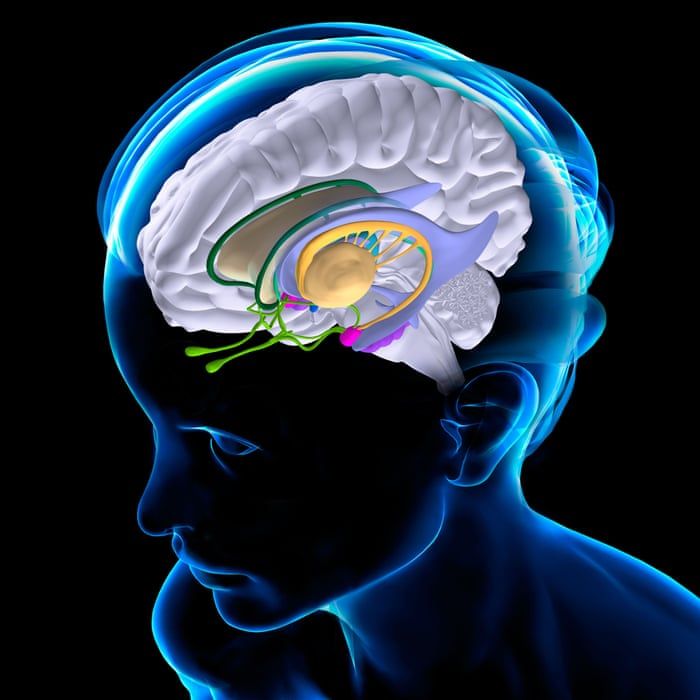When Antidepressants Don’t Work: TMS Therapy for Depression
Antidepressants aren’t for everyone.
When you first see a doctor for depression, they often recommend pills to treat the condition. While medications do work for many people, there are some who just don’t experience that life-changing effect. It can be disappointing and frustrating to realize that a medication isn’t for you - especially after you battled through weeks' worth of side effects.
Why Don’t Antidepressants Work for You?
Antidepressants tend to have a very specific goal: to increase the activity of neurotransmitters in the brain. These neurotransmitters include serotonin, norepinephrine, and dopamine, all of which are connected to moods. However, even after years of research and studies, no one completely understands the complexities of the brain. As a result, scientists aren’t 100% certain why the drugs work - or why some people don't experience benefits.
What we do know is that for some people, medication is the answer. Roughly 70% of those with depression see good results with antidepressants - particularly if they are willing to try more than one option to find the right fit. However, there is still a sizeable group that simply doesn't get relief from those same medications. This may be because the cause of their depression is different, or perhaps their brain doesn’t process the drugs in the same way.
Even those who find relief with medication can't always stick with the drug therapy. In some cases, the side effects are too disruptive. In other cases, patients determine that long-term use of pharmaceuticals doesn't meet their wellness and lifestyle goals. Either way, it means they are unable to use medications to treat their depression.
Fortunately, just because one option doesn’t work for you doesn’t mean you’re out of luck. New information comes to light frequently, and new therapies are being developed and tested every year - and some of those therapies don't involve medication. One medication alternative, in particular, is getting a lot of attention from practitioners and their patients: TMS therapy.
What is TMS Therapy?
TMS therapy is short for transcranial magnetic stimulation. It’s a method of stimulating the brain’s mood processing centers with magnetic pulses. These magnetic pulses are very much like an MRI scan and are completely safe.
When applied regularly for several weeks, TMS magnetic pulses can help your brain create new neural connections. The new connections essentially bypass the depression. Around 50-60% of people who did not respond to depression medication find TMS helpful. Out of those, a third go into full remission. That means the depression symptoms are completely eliminated.
Though a good 66% of patients don’t experience full remission, they do have months of feeling much better after the treatment. You may need repeated treatments each year in order to keep depression at bay. TMS is NOT electroconvulsive therapy - often referred to as "shock therapy". Shock therapy has long been the go-to option for hard-to-treat depression. While it is very effective, it’s also a difficult and controversial treatment. ECT can cause memory loss and cognitive issues, whereas TMS does not.
What to Expect from TMS Therapy
A technician carefully maps out your brain to determine the best place to aim the magnetic pulses and how strong they need to be. Most people require several weeks of treatment to achieve benefits, and many see results after the third week.
During the sessions, you’ll hear clicking noises from the machine. That is completely normal. You may feel a tingle or tapping sensation on your head, and some people find they are a little uncomfortable during and shortly after the session. However, the therapy is so gentle that it is performed without any sort of anesthetic. You can take an over-the-counter painkiller if your scalp hurts early in the treatment program, and you can rest assured that those side effects don't usually persist for more than a week or two.
There is no single method that is guaranteed to treat depression. This condition is particularly tricky. Everyone's brain is unique, and that means no one can predict exactly which treatments will be successful. You may be tired and frustrated after trying therapies that haven’t worked but don't give up. There is an option that will reduce or eliminate the symptoms of depression.
If you are ready to try an alternative to medication for relief from depression, contact us today to learn how we can help you with TMS therapy.




